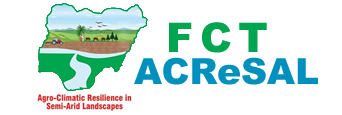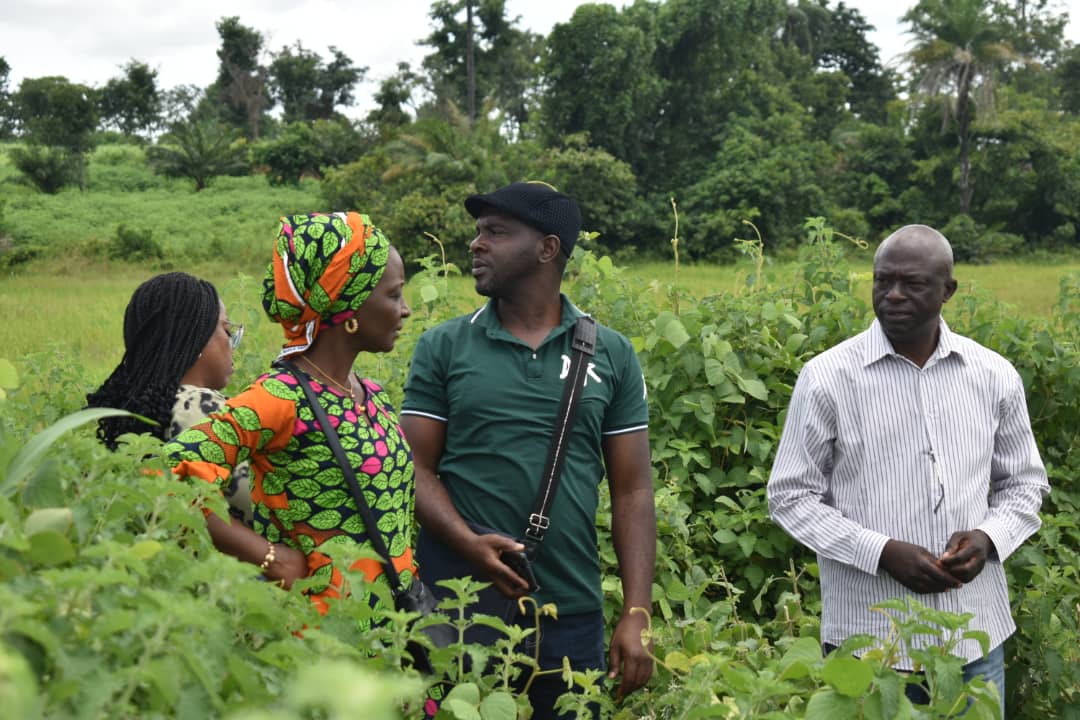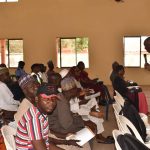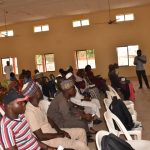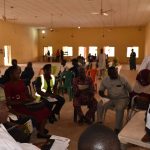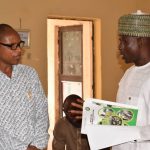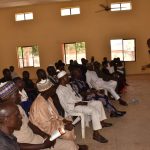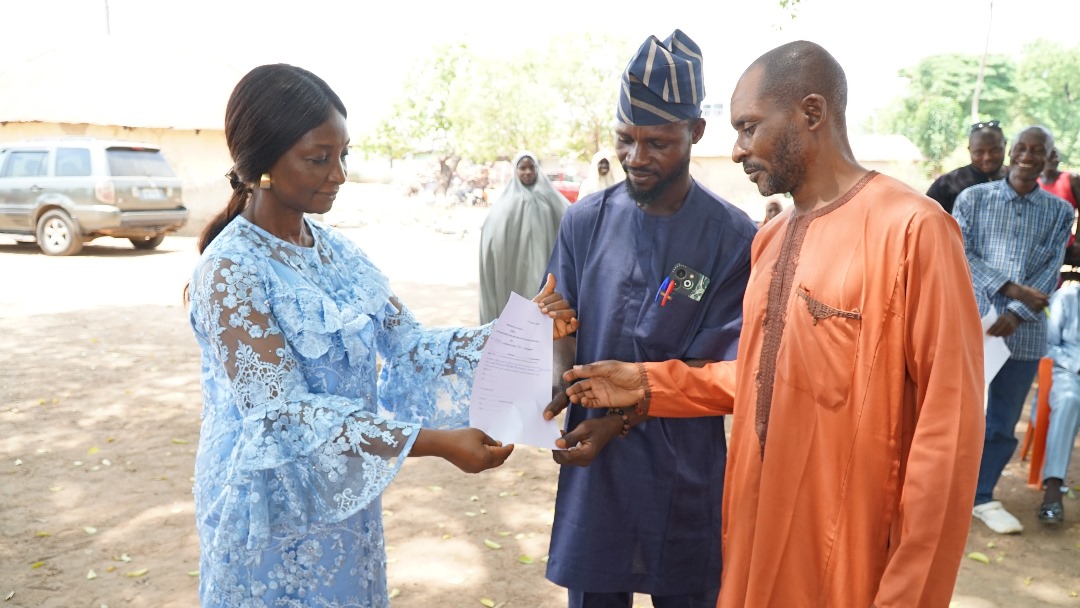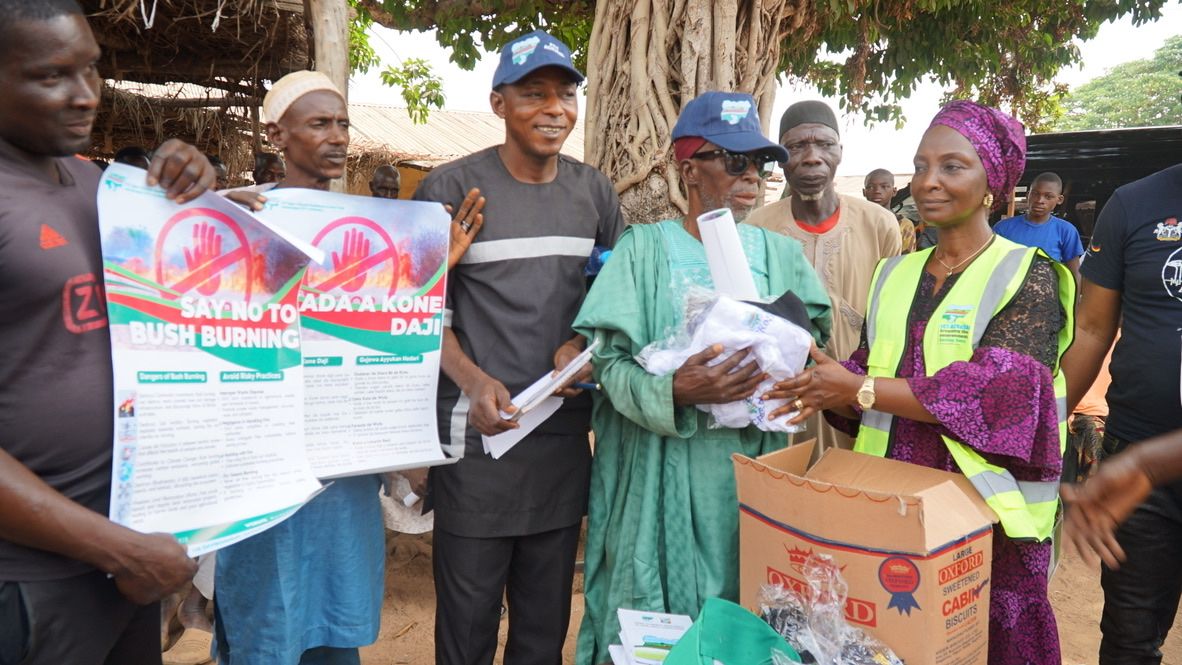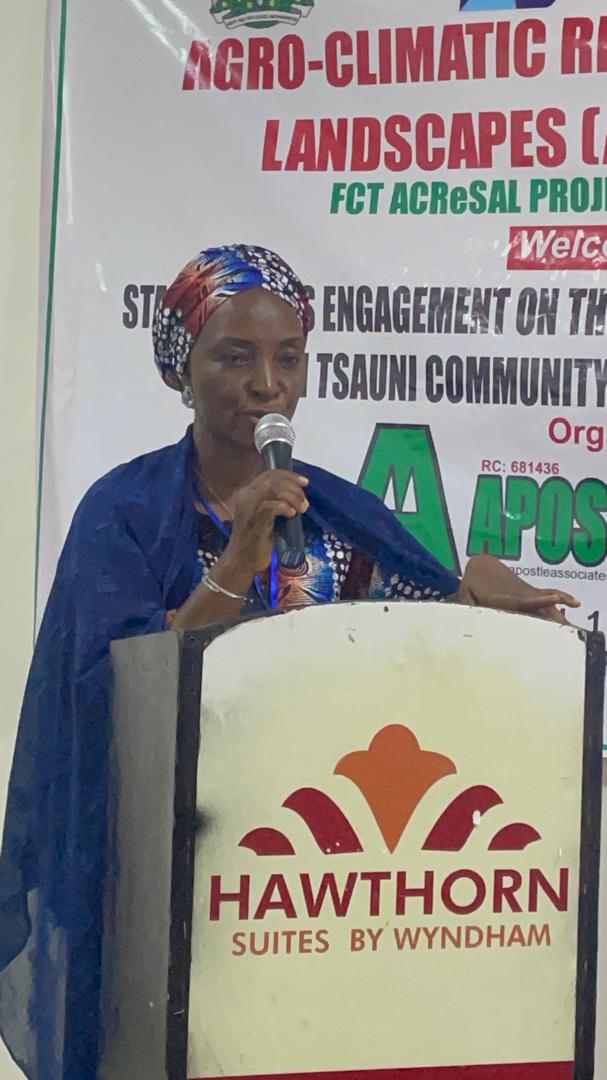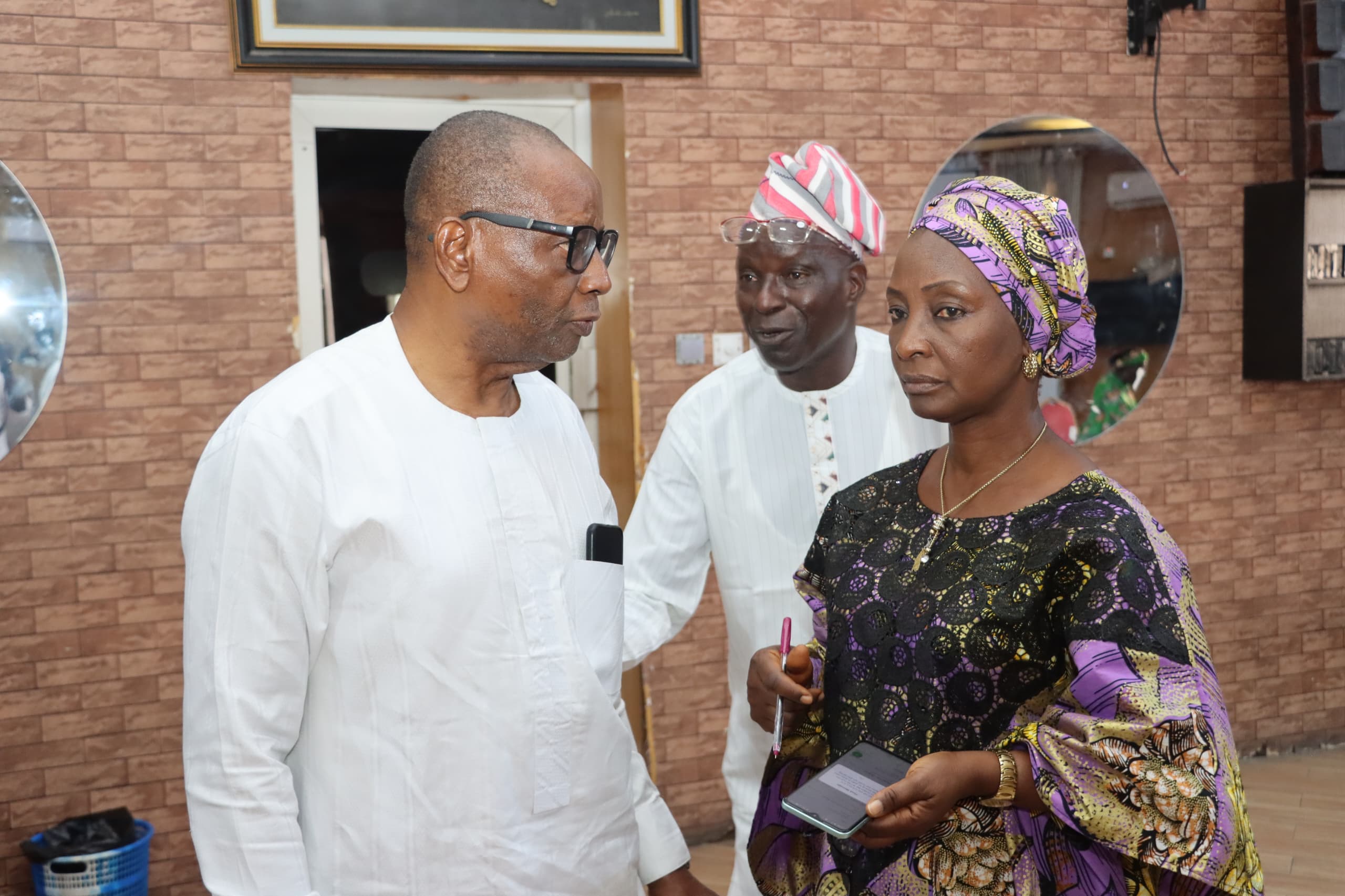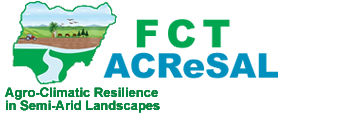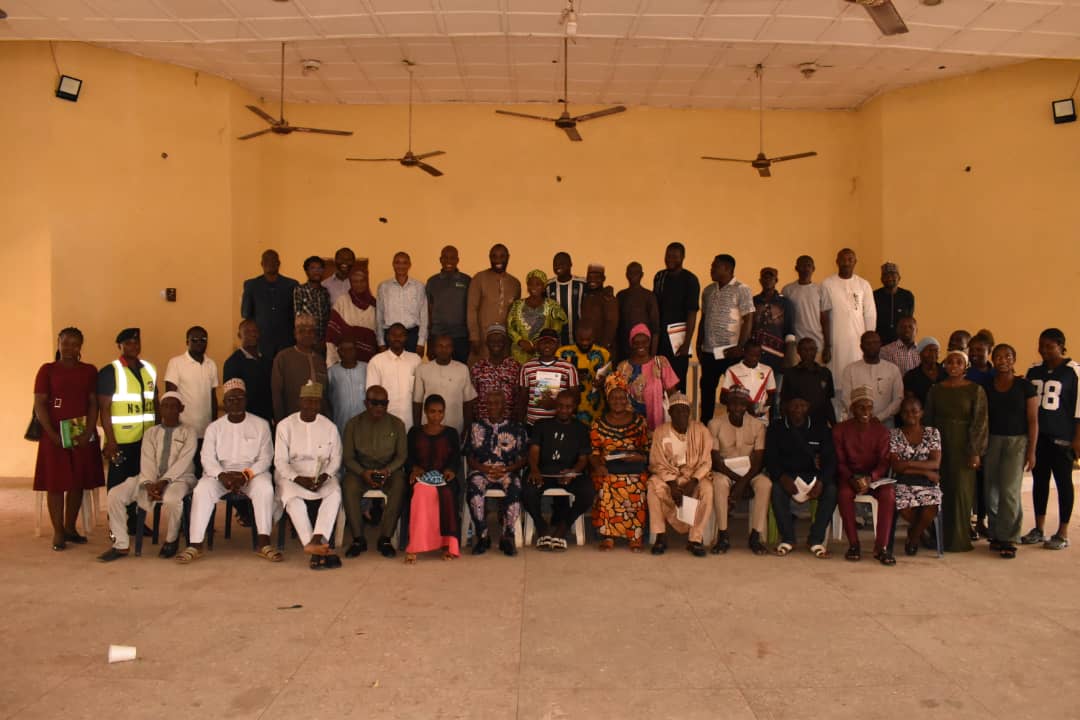
The Federal Capital Territory Administration (FCTA), in partnership with the World Bank-supported Agro-Climatic Resilience in Semi-Arid Landscapes (ACReSAL) Project, have kickstated a stakeholders’ engagement to develop the first-ever comprehensive Agricultural Policy for the FCT.
During the start of the event held at Gwagwalada, Umar Haruna Malamiyo, Acting Director of Planning, Research and Statistics in the FCT Agriculture and Rural Development Secretariat (ARDS), emphasized the policy’s role in providing strategic direction for the sector. “This policy will establish a roadmap to revitalize food production systems, tackle knowledge gaps among farmers, and prioritize irrigation practices to boost crop yields,” he stated.
Malamiyo, represented by Deputy Director Agu Igwe, highlighted the six-month timeline for finalizing the document, which will address critical issues such as resource management, farmer education, and infrastructure development. He noted that the FCT, despite its 48-year history, has never had a dedicated agricultural framework. “This policy marks a historic step toward achieving sustainable food and nutrition security by leveraging insights from stakeholders across all six Area Councils,” he added.
Professor Oyinkan Tasie, the lead consultant for the policy development, from Ecoplus Limited underscored the importance of inclusivity. “We are crafting a resilient policy by integrating perspectives from farmers, cooperatives, researchers, and local institutions. This collaborative approach ensures the document is practical, forward-thinking, and adaptable to evolving challenges,” he explained.
In his remarks Mr. Kayode Sanni, Agric Officer who represented the FCT ACReSAL Project Coordinator, linked the initiative to Component C of the ACReSAL Project, which focuses on institutional strengthening. ” Our objective in the project is to create a robust agricultural sector that generates employment, stimulates economic growth, and mitigates food insecurity amid the rapid population growth,” Sanni remarked.
He stressed that the policy is expected to position agriculture as a pillar of economic resilience in the FCT, addressing gaps in modern farming techniques, climate adaptability, and value-chain development.
It may be recalled that the development of the policy commenced in 2024, marked by an inception workshop organized by Ecoplus consultants engaged by the ACReSAL project, with funding provided by the World Bank.
Post a comment Cancel reply
Related Posts
FCT ACReSAL Project Directly Disburses CRF to 50 Community Interest Groups
The Federal Capital Territory (FCT) Agro-Climatic Resilience in Semi-Arid Landscapes (ACReSAL) Project has successfully disbursed…
FCT ACReSAL Project intensifies sensitisation against Bush Burning in more Communities
In continuation of efforts to combat the environmental menace of bush burning, the Federal Capital…
FCT ACReSAL Engages Tsauni Community to Reclaim Degraded Mining Sites
The Federal Capital Territory Agro-Climatic Resilience in Semi-Arid Landscapes (ACReSAL) project, in partnership with Apostle…
Abuja Set for New Forest Policy as FCTA, ACReSAL Collaborate
In a significant move toward promoting sustainable forest management and enhancing the resilience of the…
